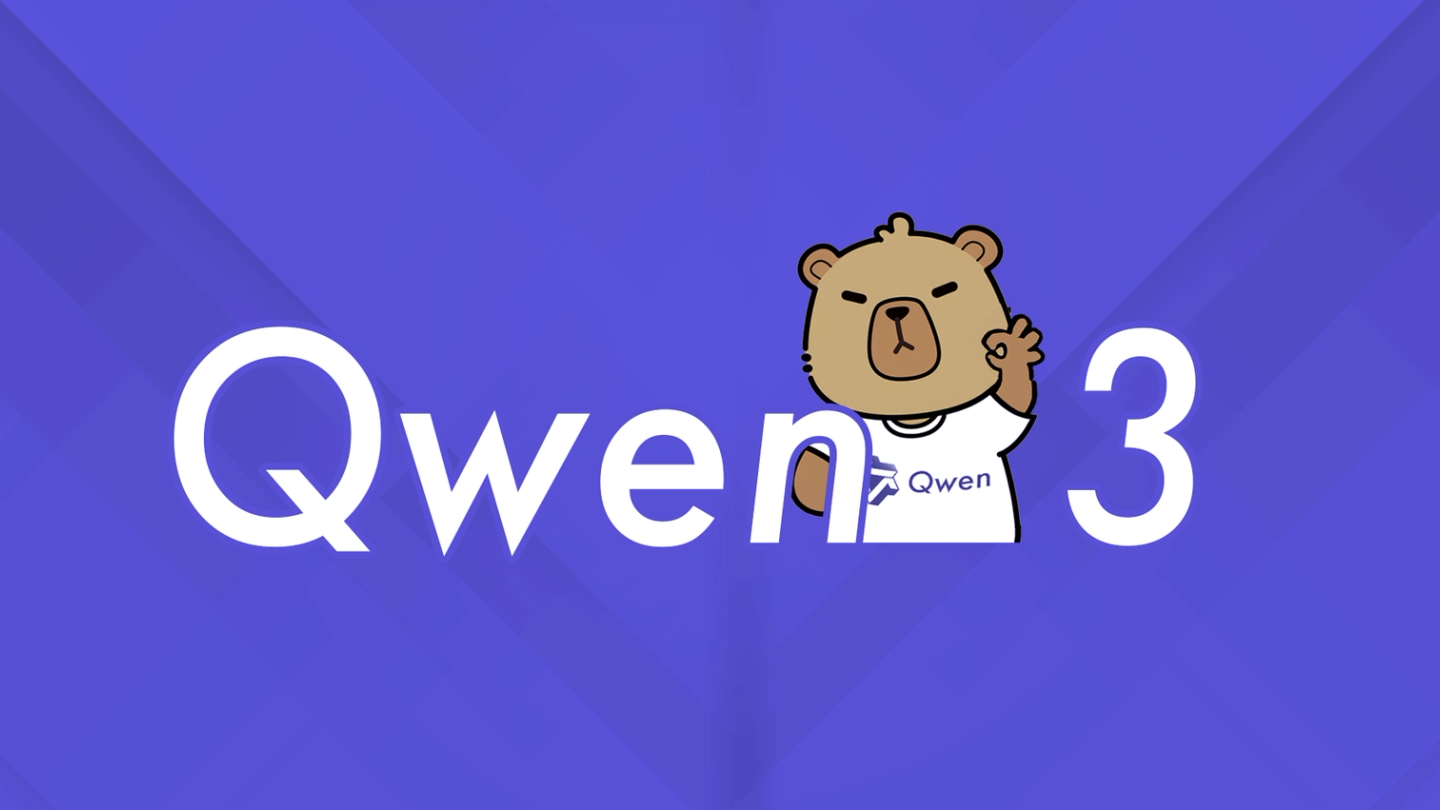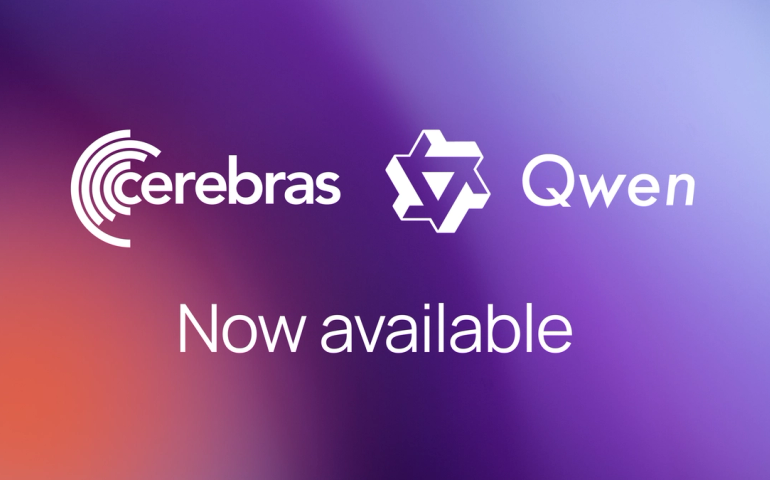1,500 Tokens per Second. Cerebras Inference Comes to
QWEN 3 235B
Delivering blazing-fast, real-time inference and advanced reasoning for copilots, agents, and RAG systems with low latency and seamless deployment.


































































INFERENCE AT 20X GPU SPEED
Powered by the Cerebras Wafer Scale Engine – Cerebras Inference runs the latest AI models 20x faster than ChatGPT. Companies like Perplexity, Mistral, and Alpha Sense use Cerebras to get instant responses to user queries.
Powering the World’s Most Innovative Teams
Groundbreaking organizations are using Cerebras to push the boundaries of their AI capabilities.

AlphaSense, powered by Cerebras, delivers this advantage with unprecedented speed and accuracy.

Mayo Clinic is transforming patient care with AI-driven diagnosis and treatment.

Building Real Time Digital Twin with Cerebras at Tavus
CUSTOMER SPOTLIGHT
THE FUTURE OF AI
IS WAFER SCALE
Cerebras is the first and only company in the world building AI hardware at wafer-scale. We hold the world’s speed record in AI inference.





